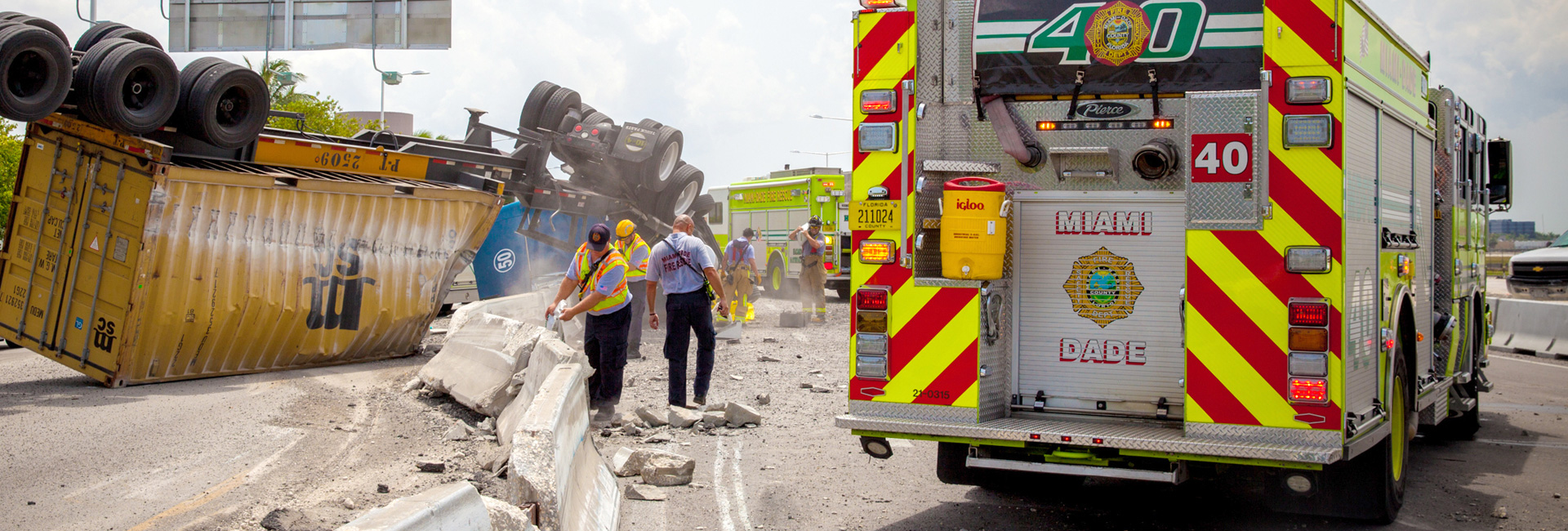Safety Tips: Cooking
According to the U.S. Fire Administration, cooking is the leading cause of home fires and home fire injuries. Knowing how to keep your home and family safe from cooking fires is important as these are one of the most preventable fires that occur in the home. By following simple safety steps, you can protect your home and loved ones. Here are some key guidelines for cooking fire safety:
Here are a few basic guidelines:
- Never leave your kitchen unattended when cooking. The leading cause of kitchen fires in the United States is unsupervised cooking. If you are cooking meals that take longer to cook, set a timer to remind you that you are cooking
- Never leave your home with food cooking on the stove or in the oven, even for a short outing
- Be cautious when leaving food cooking on the stove, even just to do something in another room. It is easy to get distracted in your home with phone calls, conversations or chores, and forget about the food
- Keep flammable materials away from the stove
- Keep children and pets away from cooking areas
- Prevent burns by turning pot handles towards the back of the stove. Use a back burner when possible
- Use oven mittens or potholders when handling hot items
- Wear short, close-fitting sleeves while cooking
- Place cooking utensils away from the edge of the stove
- When finished cooking, check all dials on the stove and oven to ensure they are completely off
- Be careful with food allergies. Know your guests’ food allergy, and be alert for any symptoms. Call 911 immediately if someone has difficulty breathing, which is a sign of a serious allergic reaction
Many cooking fires occur under normal cooking conditions and cannot be anticipated, even with the chef’s full attention. So, be ready to respond:
- Always keep an ABC-rated home fire extinguisher in your kitchen as it can be used on various types of fires, including grease fires
- Never attempt to put out a grease fire with water since it will cause a violent reaction and make things much worse. Extinguish small fires with an extinguisher, cover the pan, or smother it with baking soda
- Be extra careful when cooking with flammable ingredients like butter, oil or other greasy foods that can splatter. Alcohols such as cooking wines and liquors are also highly flammable substances that should be used with caution
- If a burn occurs, immediately run cool water over the affected area for at least 20 minutes, and seek medical attention for severe burns. Never apply ice, butter or any other home remedy directly to a burn
The importance of having working smoke alarms can’t be stressed enough. They are an inexpensive and effective way of alerting you to the presence of fire before it gets out of control.
- Smoke alarms placed in or near kitchens should be equipped with a silencer button that allows you to temporarily silence the alarm during normal smoky cooking conditions
- Never disconnect or remove the battery from a smoke alarm to cook. Forgetting to reconnect it can have terrible consequences
Careful cooking habits can keep your kitchen safe when making all your favorite meals.
In case of an emergency, call 911 immediately.

Fire Rescue
Raied "Ray" Jadallah
R. David Paulison Fire Rescue Headquarters
9300 NW 41st Street,
Miami, FL 33178-2414
786-331-5000
